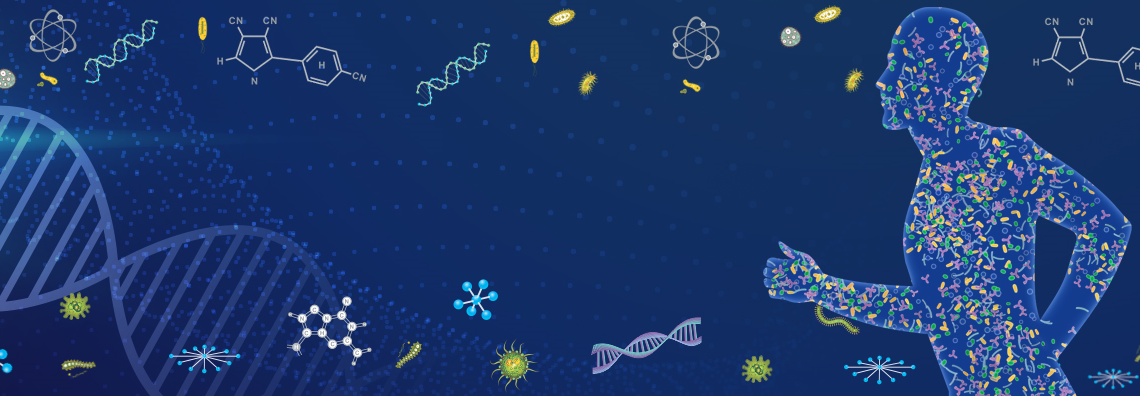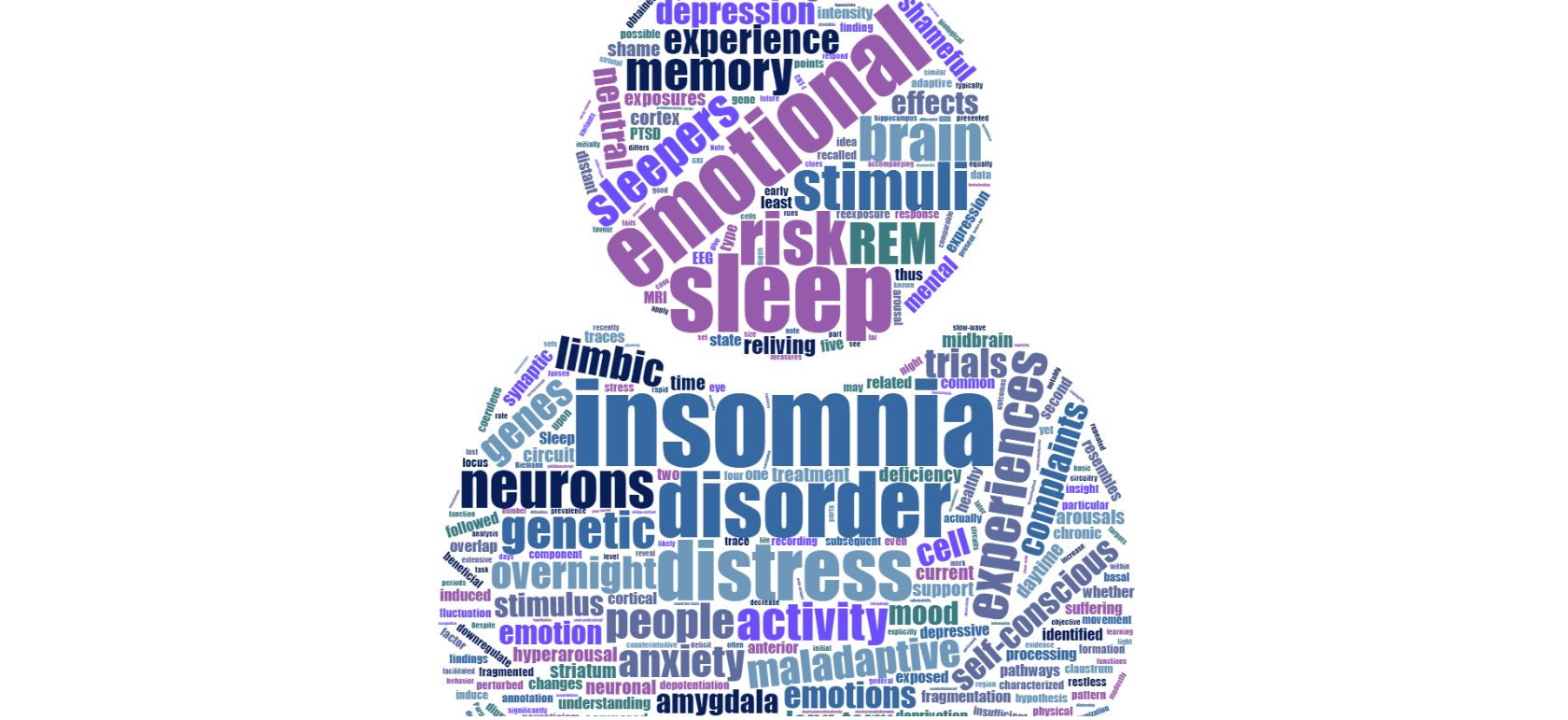
Studies have found that certain bacteria make mice run longer on the treadmill. They have found the same bacteria in the human gut of athletes right after exercise. Does it mean that if we had those strains of bacteria in our system, we could improve our endurance when doing sports? Science seems to point to a yes answer. Other studies have looked at epigenetic markers in people who exercise, and have seen marked changes in some cells, because epigenetics change the activity of our genes, usually by “silencing” some genes. Many of us know or can guess that our athletic potential is linked to our genes, but what if those genes are silenced, and what if our bacteria can bring their own genes into play?
There are many genes that are associated with athletic performance, the most well-known ones are ACTN3 and ACE. Studies have found that most elite power athletes have a specific genetic variant of the ACTN3 gene, the fast twitch muscle gene, and gene ACE, which is associated with human physical performance. What is now being studied is how our genes are modified sometimes on a daily basis through epigenetics, especially through a process called methylation. A study by Schenk et al 2019 studied epigenetic changes in five healthy women who performed an incremental step test. Blood samples were taken before and after exercise to study 33 methylation markers in their natural killer cells (NKC). NKC have an important role in controlling immune responses and inflammation, and it is known that inflammation increases after strenuous exercise. The study found that after acute exercise, DNA-methylation was changed, with 25 genes showing increased and some decreased methylation. It was surprising for them to observe that DNA-methylation which was thought to be a more stable epigenetic modification could be so dynamic.

